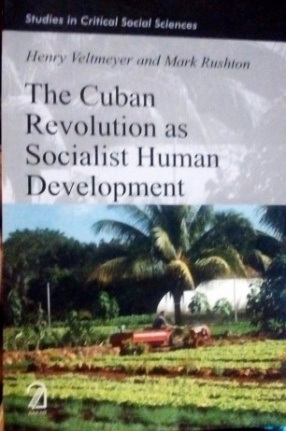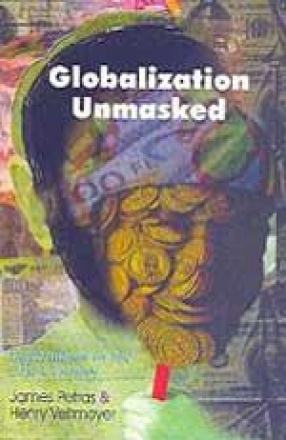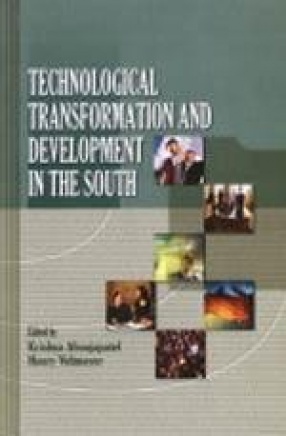
Showing all 3 books

The book argues that the Cuban Revolution warrants a closer look as a model of socialist human development. A re-reading of the Cuban Revolution from this angle engages unresolved issues in the theory of socialist humanism and the notion of human development popularized by the United Nations Development Programme (i.e., predicated on capitalism). UNDP economists and other agencies of international cooperation for development give a human face to a capitalist ...

In this book the authors contend that "globalization" is little more than imperialism in a new form. The authors argue that the "inevitability" of globalization and the adjustment or submission of peoples all over the world to free market capitalism depends on the capacity of the dominant and ruling classes to bend people to their will and convince people that their interests ate the people’s interests. A key element in theorizing about ...

Preface. Acknowledgements. Foreword. Introduction. I. Systems in transition: the historic context: 1. The world economy in transition, 1850--2060. 2. The taming of capitalism: the historic compromise. 3. Development and south-south cooperation. 4. The golden age of the South's development. II. Asia on the world stage: 5. External dependence and foreign cooperation: the struggle for self-reliance in India. 6. India's 'Hanuman' leap into globalization. 7. East ...
